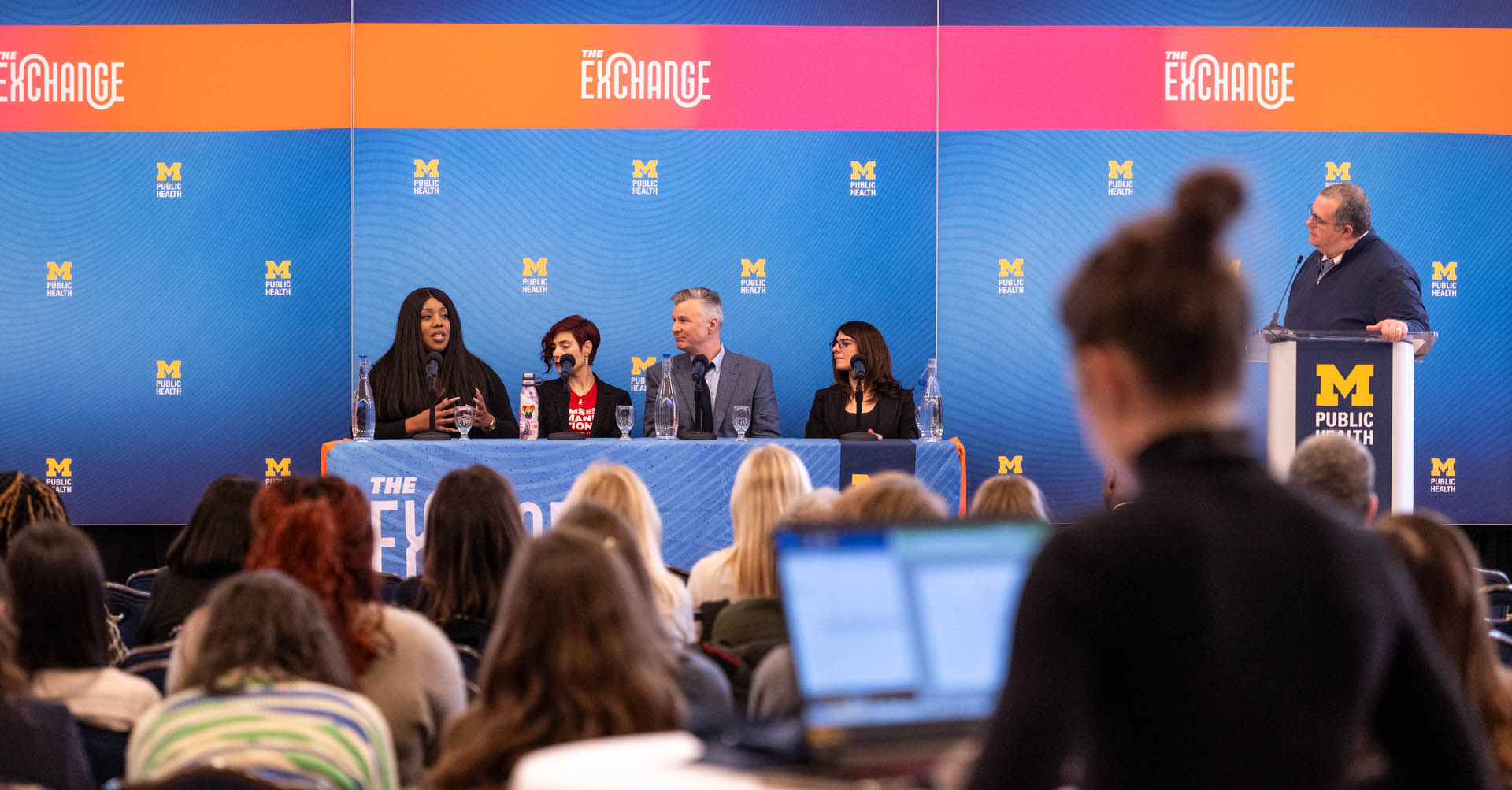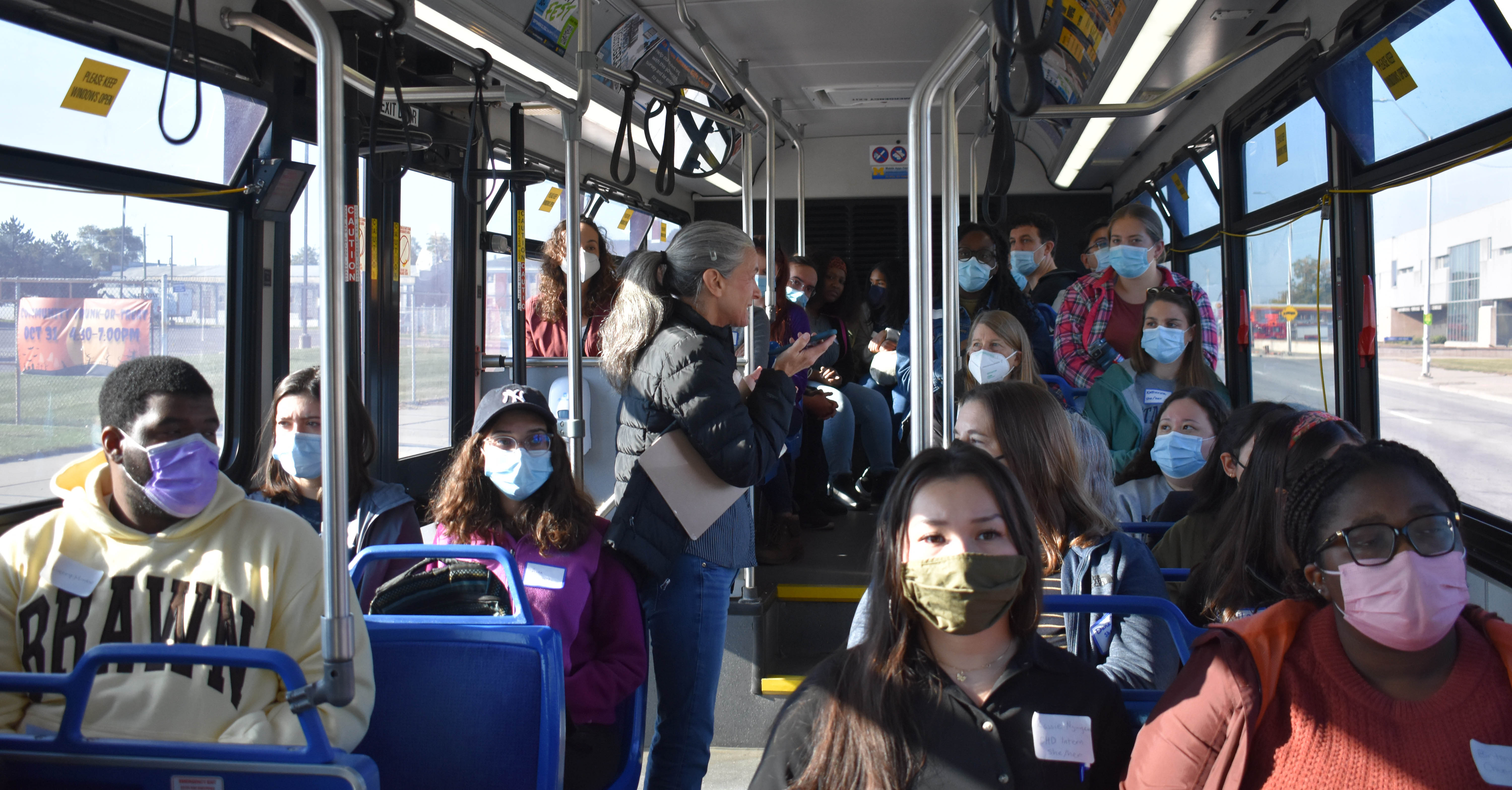
PHAST trip to Grenada improves blood donation systems, teaches lesson on altruism in public health practice
Darius M. Moore
University of Michigan student Darius Moore details a recent trip to Grenada with the Public Health Action Support Team (PHAST) at the University of Michigan School of Public Health.





